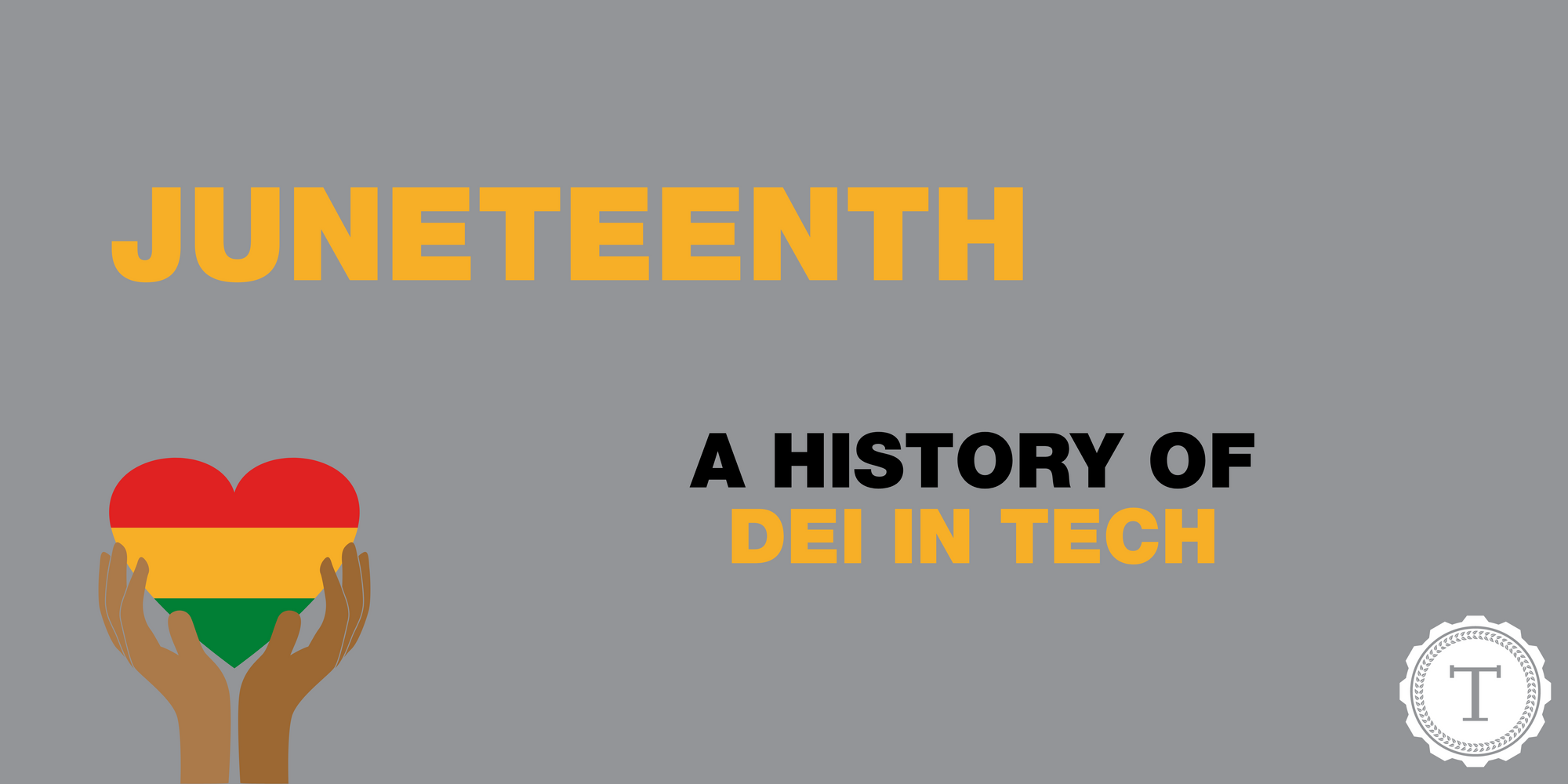The History of Diversity, Equity and Inclusion (DEI) in Tech and Beyond
The diversity, equity and inclusion (DEI) movement began with integration after the Civil Rights Act passed. Today, DEI in tech is more important than ever.

Diversity, Equity and Inclusion (DEI) initiatives are relatively new in the American workplace, but they’ve become extremely prevalent across all industries. As of 2021, a whopping 83% of U.S. organizations had some kind of DEI programming in place. That’s an even more impressive number when you consider that it was not even 60 years ago that Title VII of the Civil Rights Act made it officially illegal to discriminate against workers on the basis of race, color, religion, sex, or national origin.
Juneteenth is an especially appropriate time to contemplate why revolutionary policies like the Emancipation Proclamation or Civil Rights Act weren’t enough to impel widespread societal change. Disrupting entrenched practices like segregation and systemic racism requires action.
In the decades following the Civil Rights movement, it has taken concerted effort by activists and allies to enforce integration compliance and make further advancements in the name of equality. Participation in DEI initiatives is one way that workers take action every day against not only systemic racism but also sexism, homophobia, transphobia and other prejudices.
A History of DEI in the Tech Industry
One year after the Civil Rights Act was passed, for example, Black employees at Xerox founded the first employee resource group to advocate for equal pay and against workplace discrimination. Throughout the 1970s other minority groups began founding their own ERGs—and the tech industry was ground zero for this sea change. The Hispanic Association for Professional Advancement (also at Xerox), the Gay and Lesbian Employee Network (at Hewlett Packard) and LEAGUE (at AT&T) all emerged in the wake of Title VII.
Those ERGs not only helped BIPOC and other minority workers organize and gain visibility, they often became crucial professional development networks. The Blacks at Microsoft (BAM) ERG, for example, offers scholarships to empower more Black students to pursue tech careers.
Other DEI initiatives were initially designed to help employees of all races adjust to newly integrated workplaces. Diversity training, for example, not only encouraged tolerance between coworkers, but also served to inform teams about new equal employment laws and HR policies. Mentoring and managerial training were introduced to help minority employees grow in their careers and make meaningful connections throughout the organization.
Does DEI Work?
In recent years, DEI initiatives have received renewed attention from both proponents and detractors. That’s partly because of how widespread DEI has become. Companies not just in the United States but worldwide invested an estimated $7.5 billion in DEI in 2020, and that number is projected to double by 2026. And most are getting a good return on that spend—studies show that organizations with greater racial and gender parity perform better and drive greater profits, according to business consultancy McKinsey & Company.
Despite the positive ROI, there is still pushback and resistance to change. Florida Gov. Ron DeSantis, for example, signed a bill in 2023 banning DEI initiatives at public colleges, and has said DEI stands for “discrimination, exclusion and indoctrination.”
At least 20 other states including Texas have considered or advanced anti-DEI legislation in recent years. Even Chick-fil-A—the fast-food restaurant chain noted for its donations to anti-LGBTQIA+ organizations and Christian affiliations—drew backlash from conservatives for posting a DEI commitment statement on its website. Politicians and pundits aren’t the only ones that have backpedaled on DEI, either. Cultural programming like DEI is often among the first casualties of corporate budget cuts, much as layoffs often disproportionately impact minority employees.
The Evolution of the DEI Movement
Some of the companies that promoted DEI in response to cultural movements like Black Lives Matter and the George Floyd protests may feel less incentive to maintain DEI programs as the cultural pendulum reverses course. It’s a different flavor of the same trend that saw major corporations like Target profiting off LGBTQIA+ marketing after the Supreme Court legalized same-sex marriage in 2015, only to pull its Pride month products in 2023 in response to threats by conservatives.
These challenges show exactly how valuable DEI initiatives really are. According to a study of workers under age 30 during the recent Great Resignation career changes, approximately 50% of tech employees who changed or considered changing jobs said it was because “the company culture made them feel unwelcome or uncomfortable.” Tech workers of color, women and non-binary professionals and those with neurodivergent conditions were most likely to resign due to a toxic company culture.
Changing company culture starts with people. That’s why our mission at Turing is to unlock human potential by training a diverse and inclusive student body to succeed in high-fulfillment technical careers. DEI is baked into the core of our community.
Transforming tech starts with opening doors of opportunity to diverse future coders. To that end, we just hired a new Gear Up program director and increased financial aid within our BIPOC and Inclusion Scholarships by 400%. We are also fully committed to the work of implementing anti-racist practices across our curriculum, systems and structures.
DEI isn’t limited to school or workplace training or networking programs, either. At Turing, we celebrate the creative, forward-looking projects that Turing students create as part of Demo Comp, a two-week sprint experience during which students design and build an app as a team. Previous Demo Comp winners include the team behind Roe’d to Aid, an abortion care access app, and Birds of a Feather, an LGBTQIA+ social tool.
Young professionals who feel empowered to create more diverse, equitable and inclusive solutions with the tech skills they honed at school bring those values to their workplaces. Even without formal DEI programming in place, these values can become an integral and informative part of how we approach our work.
Attending Turing is an investment in yourself—learn more about our scholarship programs. If you’re curious about life after graduation, see how the 2017 cohort are fulfilled and thriving, five years later.

